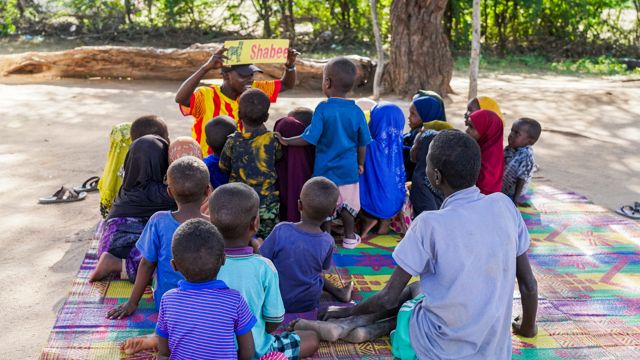Civic Space

A vibrant civil society is central to enhancing development, human rights and democracy.
Since the early 2000s, the trend has been moving in the wrong direction, with increasing autocratization, where both established democracies have become less democratic and authoritarian states have become more authoritarian. This negative development means that civil and political rights are under global pressure, and the civic space is becoming increasingly restricted.
‘Civic space’ is defined as the combination of freedom of assembly, freedom of association and freedom of expression and the state’s duty to protect these freedoms. Civil society depends on these rights and freedoms to fulfil its mandate.
The portfolio will address the problem of shrinking civic space. The overarching objective is to enable independent civil society organisations to hold governments accountable so that civic space is respected and protected, and enhance civic space globally and specifically in countries relevant to Norwegian development cooperation where civic space is categorized as narrowed, obstructed or repressed.
Norad will direct its efforts towards three long-term outcomes:
- Laws, policies & practice at national level protect civic space
- Civil society is able to influence national laws and policies on civic space
- Civil society is able to influence international normative processes on civic space
Please see attached documents for more comprehensive information about the portfolio.